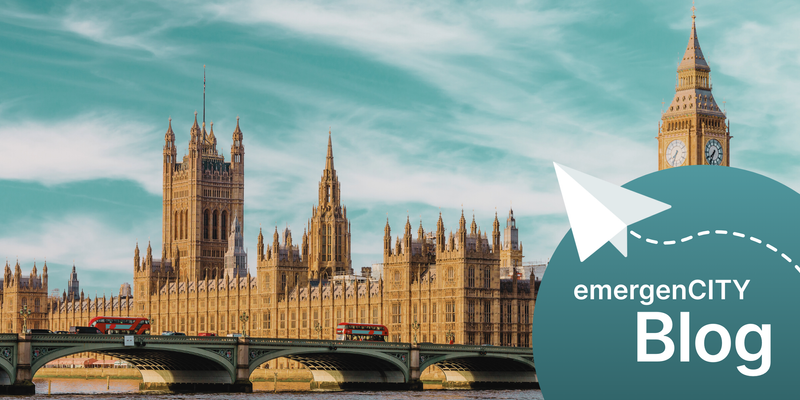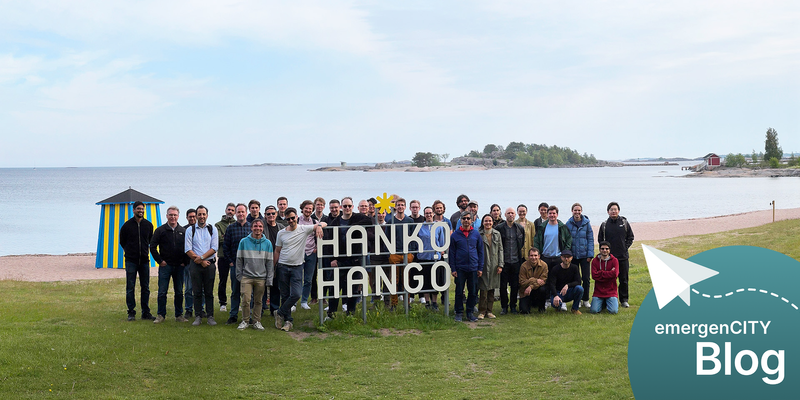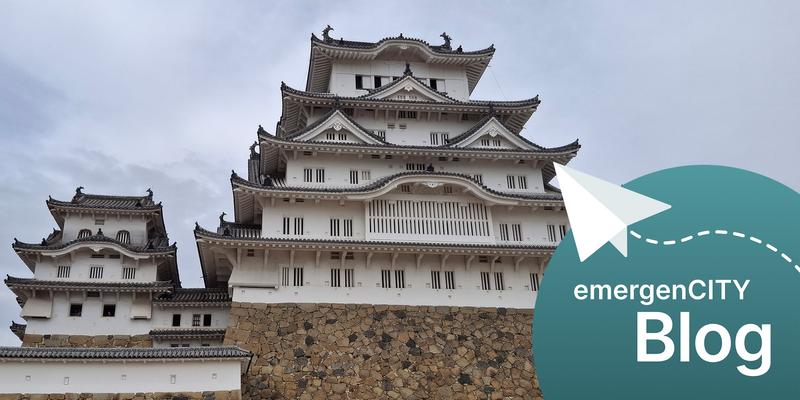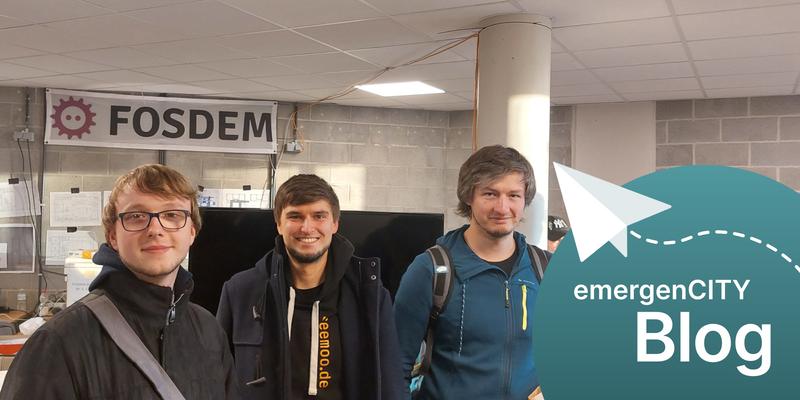I was allowed to visit the Imperial College in London for seven weeks. This is one of the world’s most research-intensive universities.
At the beginning of my visit, I presented some current research results on the localization of people in emergency situations using radar on a semi-autonomous robot to interested colleagues from the Imperial College London, which were researched as part of emergenCITY.
During my stay, I was able to have an intensive exchange with Stefan Vlaski, a junior professor at Imperial College. He is an expert in signal processing and machine learning in the context of distributed networks, so-called “decentralized learning” or “federated learning”.
We have intensively discussed possible applications of robust signal processing methods in distributed networks and were able to develop some new ideas regarding robustness in networks. First results are summarized in the paper “Attacks on Robust Distributed Learning Schemes via Sensitivity Curve Maximization”, which has already been reviewed and accepted at the “2023 24th International Conference on Digital Signal Processing” and will be presented in Rhodes in June.
He was also able to give me some tips and advice on interesting and beautiful places to visit in London. I visited some of the famous sights such as Big Ben, Tower Bridge and Buckingham Palace. I also visited some of the many museums, such as the British Museum, the Natural History Museum or the Science Museum, where I was able to admire many historical and scientific exhibits. London is a fascinating city that combines history and modernity.
I really enjoyed my stay in London and learned a lot. I am grateful to emergenCITY for the opportunity to make this visit and to get to know the Imperial College. It was an enriching experience for me.
Author:
Christian Schroth is a member of the Signal Processing Group at the Institute of Telecommunications at TU Darmstadt. (updated October 24, 2024)



